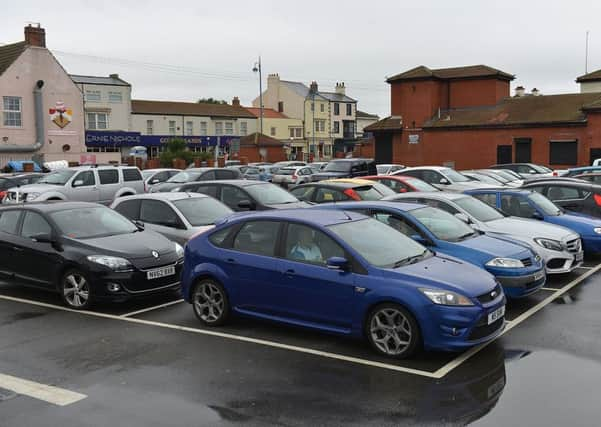Parking charges rake in £1.5million profit for Hartlepool Council, figures show


The findings come from analysis by transport consultant David Leibling for the RAC Foundation.
He looked at the official returns councils make annually to the Department for Communities and Local Government for each year from 2012-13 to 2016-17.
Advertisement
Hide AdAdvertisement
Hide AdThey show Hartlepool made a total of £1,796,000 in the period covered.
Last year the council collected £110,000, enough to place it 284th out of the 353 local authorities surveyed.
Hartlepool’s parking revenue is dwarfed by that of London councils, however. Westminster is England’s top-earning local authority when it comes to parking, pulling in more than £73million in the financial year 2016-17 alone.
Kensington & Chelsea came second with £32.2 million (down six per cent) and Camden with £26.8 million (up six per cent).
Advertisement
Hide AdAdvertisement
Hide AdThe biggest profits outside London were reported by Brighton & Hove (£21.2 million), and Milton Keynes and Birmingham (£11.1 million each).
Newcastle ran the North East’s most profitable parking operation last year, taking £7,465,000.
The figures show English councils made a record £819million from their parking operations in the last financial year.
RAC Foundation director Steve Gooding said: “The upward path in profits is in part a reflection of the record number of cars and volume of traffic.
Advertisement
Hide AdAdvertisement
Hide Ad“The silver lining for drivers is that these surpluses must almost exclusively be ploughed back into transport, and as any motorist will tell you, there is no shortage of work to be done.
“We welcome the fact that councils are increasingly investing in technology to help make parking easier and less stressful.
“We urge motorists to take the time to read their own local authority’s parking report so they can see both the rationale for charges in their area and how the surplus is being spent.”